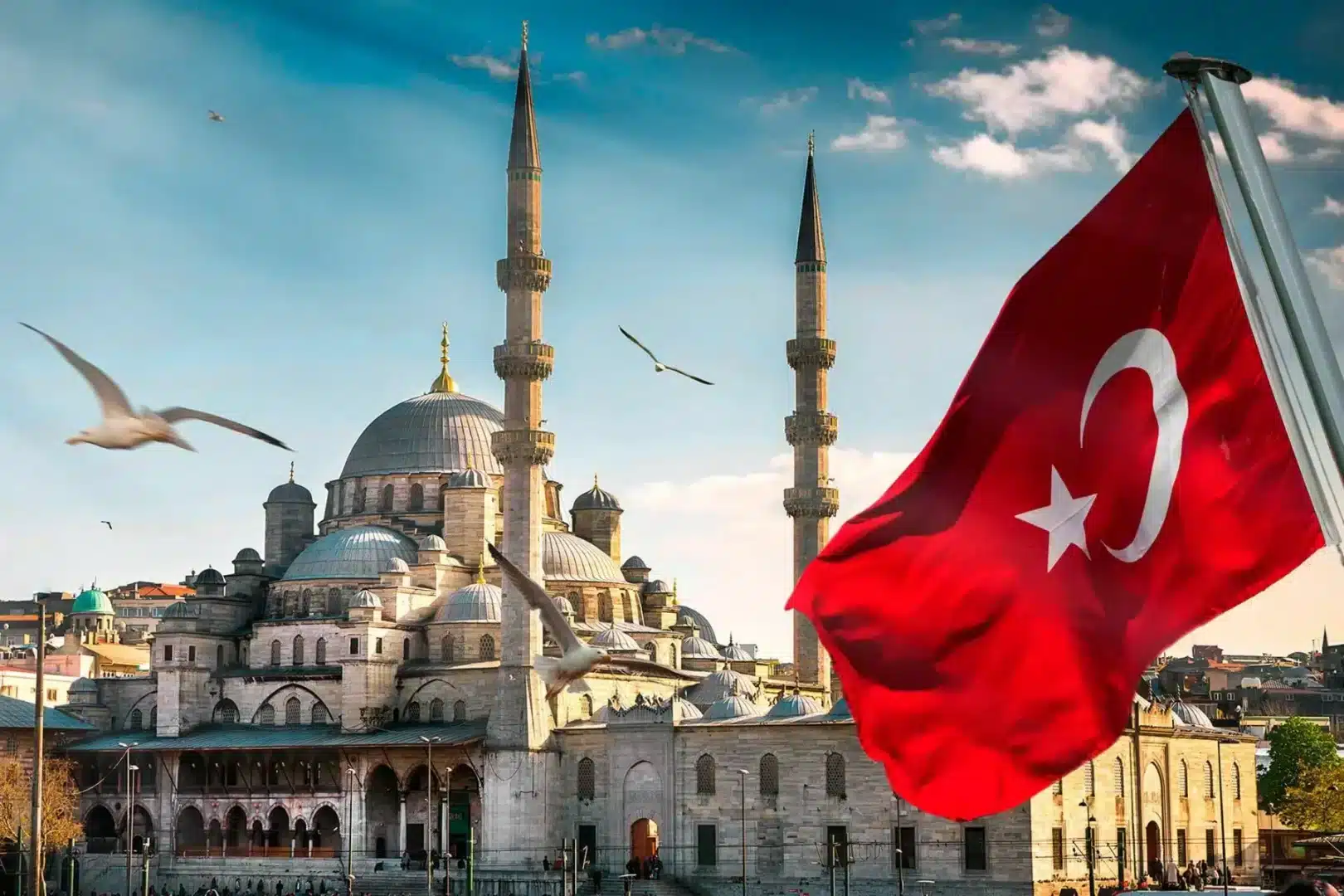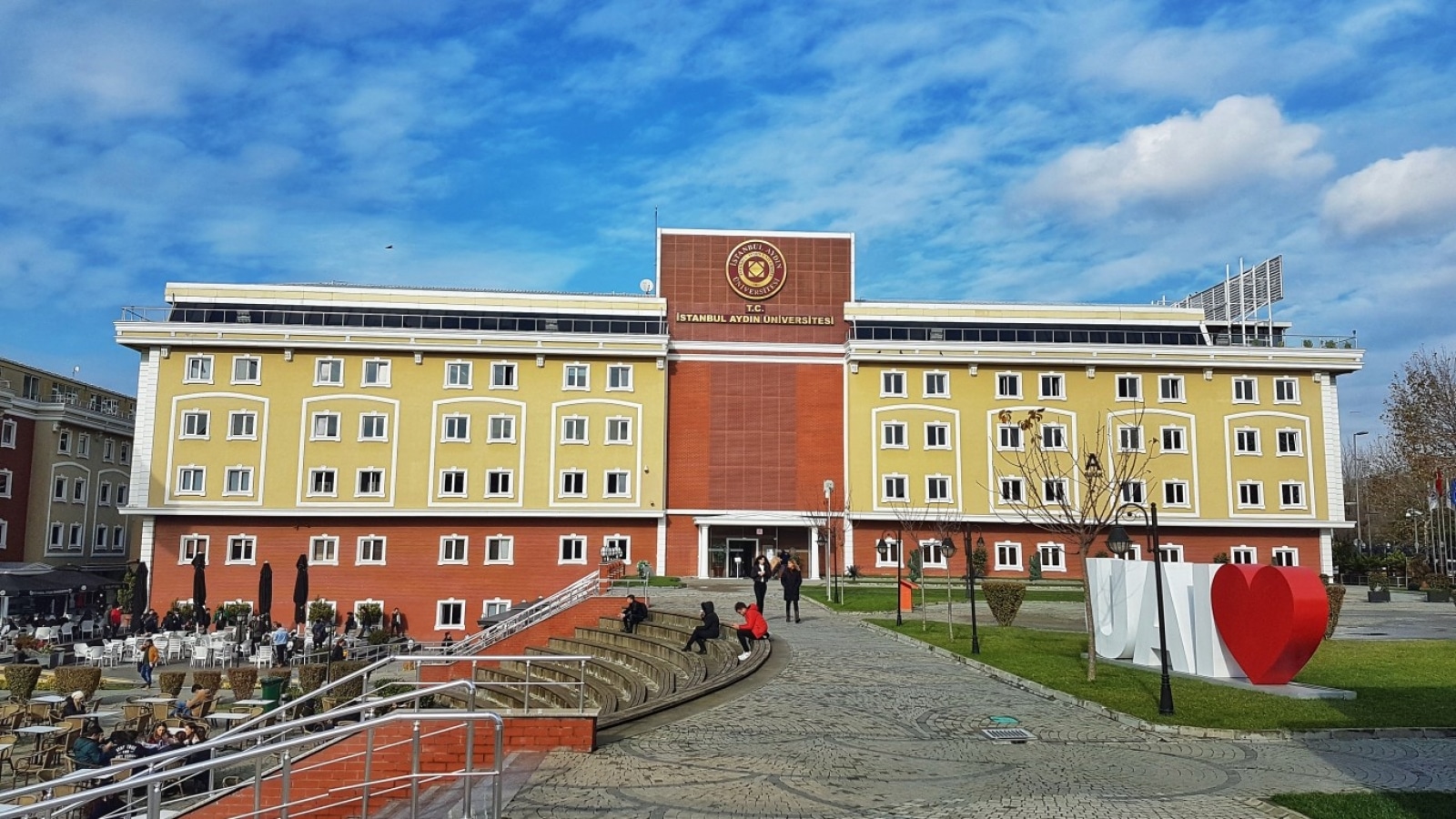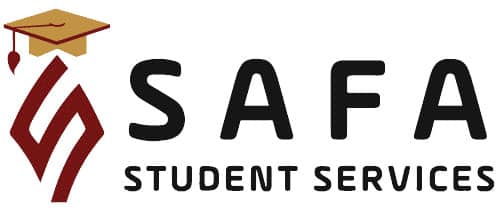Turkish language and literature
Specialty
Languages
Degree
Bachelor's
Master
PhD
Language
Turki
Duration
4 Years
Start Form
2000$
جدول المحتويات
The study of the Turkish language and literature has become increasingly popular, particularly among Arab students. Many students are drawn to Turkish due to its phonetic similarities with Arabic and the shared vocabulary between the two languages. Additionally, Turkish literature is enriched by numerous scholars and writers who have significantly contributed to the evolution of the language and its literature. As a bridge connecting various cultures studied at different universities, Turkish language and literature offer students a deep understanding of both linguistic and cultural aspects. This guide will delve into the importance of studying this field and provide key details to help students fully grasp the program.
What is the Turkish Language and Literature Program?
The Turkish Language and Literature program is an academic curriculum designed to provide a strong foundation in understanding and applying the Turkish language while also exploring Turkish literature. The program covers various aspects of the Turkish language, from grammar to creative writing. Students in this program focus on enhancing their reading, writing, and analytical skills, enabling them to produce diverse texts effectively, whether in academic essays or creative works.

The program goes beyond language learning to include an extensive study of Turkish literature. Students are introduced to the works of classical authors such as Yunus Emre, Karacaoglan, and Orhan Kemal, in addition to modern Turkish literature. This study enhances students’ understanding of the development of literary styles and the influence of historical and cultural contexts on Turkish literature. Students also learn how to apply literary criticism and analyze texts from multiple perspectives, deepening their comprehension of literary works.
Moreover, the program offers practical applications, including translation and creative writing skills. Students gain experience in translating texts to and from Turkish and develop their creative writing abilities through poetry, stories, and literary compositions. This equips students with the necessary tools for various career paths, such as teaching, translation, editing, and academic research, while also enhancing their ability to communicate effectively and broaden their cultural horizons.
Studying Turkish Language and Literature in Turkey
Studying Turkish language and literature in Turkey offers both local and international students a unique academic experience, thanks to the country’s high-quality education and advanced educational system. Turkey provides a rich educational environment that combines deep-rooted cultural traditions with modern academic advancements, creating an unforgettable learning experience.
Turkish universities have a strong reputation for offering advanced programs in Turkish language and literature, providing a comprehensive educational experience that includes both theoretical knowledge and practical application. Courses are taught by experienced academics, ensuring a high level of education and quality.
Additionally, Turkey’s cultural and geographical diversity offers an exciting environment for living and studying. Students have the opportunity to explore the country’s rich history and diverse culture, including its famous tourist attractions, enhancing their cultural experience and giving them a deeper understanding of different cultures. This interaction with Turkish culture not only broadens their academic horizons but also contributes to their personal growth.
What Does the Turkish Language and Literature Program Cover?
During their years of study in the Turkish Language and Literature program, students are exposed to a variety of courses that cover different aspects of language and literature. While the curriculum may vary from one university to another, there are core courses that are typically offered in most academic programs. Here’s an overview of what students might study in this program:

First Year
- Introduction to the Turkish Language: Basic grammar and syntax, sentence structure, and pronunciation, along with an introduction to the Turkish alphabet and its unique sounds.
- Foundations of Turkish Literature: Exploration of traditional Turkish literature from different eras, including poetry and folk tales.
- Academic Reading and Writing: Development of skills in reading and understanding Turkish texts, and academic writing, including essays and reports.
- Listening and Conversation: Improving listening skills and understanding spoken Turkish through practice in various conversational scenarios.
- Turkish Linguistics: Advanced study of Turkish grammar, including phonology and syntax, and an understanding of the language’s historical development.
Second Year
- Classical Turkish Literature: Study of classical literary works by authors like Yunus Emre and Nesimi, and analysis of their impact on Turkish literature.
- Modern Turkish Literature: Reading and analyzing literary texts from the 19th and 20th centuries, including novels, poetry, and theater.
- Literary Analysis: Learning techniques for analyzing texts and interpreting literary styles, such as symbolism and intertextuality.
- Creative Writing: Practicing writing in various literary forms, including poetry, short stories, and plays.
- Sociolinguistics: Studying the influence of social and cultural factors on the development and diversity of the Turkish language.
Third Year
- Contemporary Turkish Literature: Study of contemporary Turkish literature and analysis of texts reflecting current social and political issues.
- Literary Criticism: Advanced literary criticism techniques, analyzing texts from multiple critical perspectives, such as feminist and cultural criticism.
- Translation: Study of translation techniques between Turkish and other languages, with a focus on translating both literary and non-literary texts—a key career opportunity post-graduation.
- Advanced Academic Writing: Enhancing academic writing skills through research papers and scholarly articles in Turkish.
- Comparative Literature: Study of Turkish literature in the context of world literature, comparing it with literature from other cultures.
Fourth Year
- Research Project: Preparation of a comprehensive research project or thesis on a specific topic in Turkish literature or language, with an in-depth critical analysis.
- Literature in Historical Context: Study of Turkish literature within specific cultural and historical contexts, such as literature from a particular period or the impact of historical events on literature.
- Special Topics: Elective courses focusing on individual interests, such as digital literature, environmental literature, or children’s literature.
- Internship: Universities offer opportunities for internships in fields such as teaching, editing, or translation, allowing students to apply their skills in a professional environment.

Duration of the Turkish Language and Literature Program in Turkey
The duration of this program in Turkish universities is typically four years, divided into eight semesters. While the teaching method may vary depending on the university’s academic level, it generally does not exceed four years in most cases.
You can register with us now at Safa Company, which will accept your university admission easily
Safa Company is your first educational companion🎓 for communicating on WhatsApp🎓
Top Turkish Universities for Studying Turkish Language and Literature
Turkey offers a range of universities that provide programs in Turkish Language and Literature, catering to the increasing number of students interested in this field. These universities are known for producing graduates proficient in translation and English literature while benefiting from the high-quality education offered by leading Turkish institutions. Here are some of the top universities in Turkey for studying Turkish Language and Literature:
- Istanbul Aydin University
- Istanbul Kultur University
- Istanbul Gelisim University
- Beykent University
- Istinye University
- Yeditepe University
- Istanbul Arel University
Note: You can find detailed information about each university by following the provided links.
Studying Turkish Language and Literature at Istanbul Aydin University
Istanbul Aydin University is one of the top choices for students who wish to pursue an academic career in Turkish Language and Literature in Turkey. This private university is distinguished by several features that make it a unique choice for this field, offering a high standard of education.

Benefits of Studying at Istanbul Aydin University
- Experienced Faculty: The university employs highly qualified faculty members to ensure the necessary educational quality and efficiency for students.
- Student Exchange Programs: The university offers numerous opportunities to study at partner universities through student exchange programs, allowing students to travel to 49 countries, including 28 European countries.
- High Employment Rate: A remarkable 85% of graduates from Istanbul Aydın University secure jobs, highlighting the university’s excellence.
- Prime Location: The main campus in Florya is conveniently located within the city, making it easily accessible via public transportation.
- Erasmus Membership: The university is a member of the Erasmus student exchange program.
- Comprehensive Tools and Training: Istanbul Aydin University is among the best in Turkey for studying Turkish Language and Literature, providing students with the necessary tools and practical training.
- Extracurricular Activities: The university offers various student and sports activities, encouraging students to engage in their favorite sports and participate in different tournaments.

Costs of Studying Turkish Language and Literature in Turkish Universities
Studying Turkish Language and Literature in Turkey is relatively affordable compared to other European countries. The tuition fees vary depending on the university and the program of study. For instance, annual tuition fees at private Turkish universities offering this program range between $3,000 and $10,000. This wide range reflects the availability of this specialization in numerous universities with varying educational standards and the language of instruction.
Additionally, students should consider other costs that may affect the total expenses, such as living costs, accommodation, and personal expenses during their studies. These costs also vary depending on the geographical location and living standards, including the availability of transportation and the variation in prices for goods and services.
Opportunities
A degree in Turkish Language and Literature opens up various career opportunities across multiple fields, thanks to the skills students acquire during their studies. Here are some of the primary career paths for graduates of this program:
1) Education and Training
- Turkish Language Teacher: Teaching the Turkish language at secondary schools or universities, for both local and international students.
- Turkish Literature Teacher: Teaching Turkish literature and analyzing literary texts at schools and universities.
- Turkish Language Trainer: Offering training courses and workshops to individuals or companies to learn the Turkish language.
2) Translation and Editing
- Translator: Translating literary, academic, or commercial texts between Turkish and other languages.
- Literary Editor: Reviewing and editing literary works and texts written in Turkish.
- Interpreter: Providing simultaneous interpretation services at conferences, meetings, or international events.
3) Cultural Institutions
- Cultural Advisor: Working in embassies, consulates, or cultural organizations to promote cultural exchange between countries.
- Cultural Program Coordinator: Organizing cultural events, exhibitions, and festivals related to Turkish culture.
4) Media and Journalism
- Journalist: Writing and editing articles and reports in Turkish, working in Turkish or international media outlets.
- Correspondent: Covering news and reports related to Turkey or in the Turkish language for news agencies.
5) Corporate and Institutional Work
- International Relations Manager: Working in companies dealing with the Turkish market or with partnerships with Turkish companies.
- Marketing Specialist: Developing marketing strategies to promote products and services in the Turkish market.
6) Academic and Research Sector
- Academic Researcher: Conducting research in fields such as Turkish literature, linguistics, or Turkish culture.
- University Professor: Teaching Turkish Language and Literature at universities and contributing to academic research.
7) Tourism and Hospitality
- Tour Guide: Providing guided tours in Turkish in Turkey or for foreign visitors.
- Hospitality Services Manager: Working in the hospitality and hotel sector targeting the Turkish market.
8) Digital Development
- Digital Content Developer: Creating digital content in Turkish, such as blogs, articles, and educational content.
- Application and Software Translator: Translating and adapting applications and software to suit Turkish users.
Specialty Price for Turkish language and literature in Turkish Universities
| # | List of universities | Turkish | English | Enroll |
|---|---|---|---|---|
|
1 |
Beykent University |
3000$ |
- |
|
|
2 |
Halic University |
4800$ |
- |
|
|
3 |
Yeditepe University |
5670$ |
- |
|
|
4 |
Istanbul Aydin University |
5000$ |
- |
|
|
5 |
Istanbul Kultur University |
3975$ |
- |
|
|
6 |
Yeni Yuzyil University |
2000$ |
- |
|
|
7 |
İstinye University |
4390$ |
- |
|
|
8 |
Baskent University |
10000$ |
- |
|
|
9 |
Dogus University |
2900$ |
- |
|
|
10 |
Istanbul Arel University |
3000$ |
- |
Related Programs
Follow the latest programs

English language and literature
Undoubtedly, English language and literature have become the primary means of communication worldwide. Today, it is the most widely spoken...
See More
Translation and Interpretation
The study of Translation and Interpretation is one of the prominent fields in Turkey, attracting many students due to its...
See More

